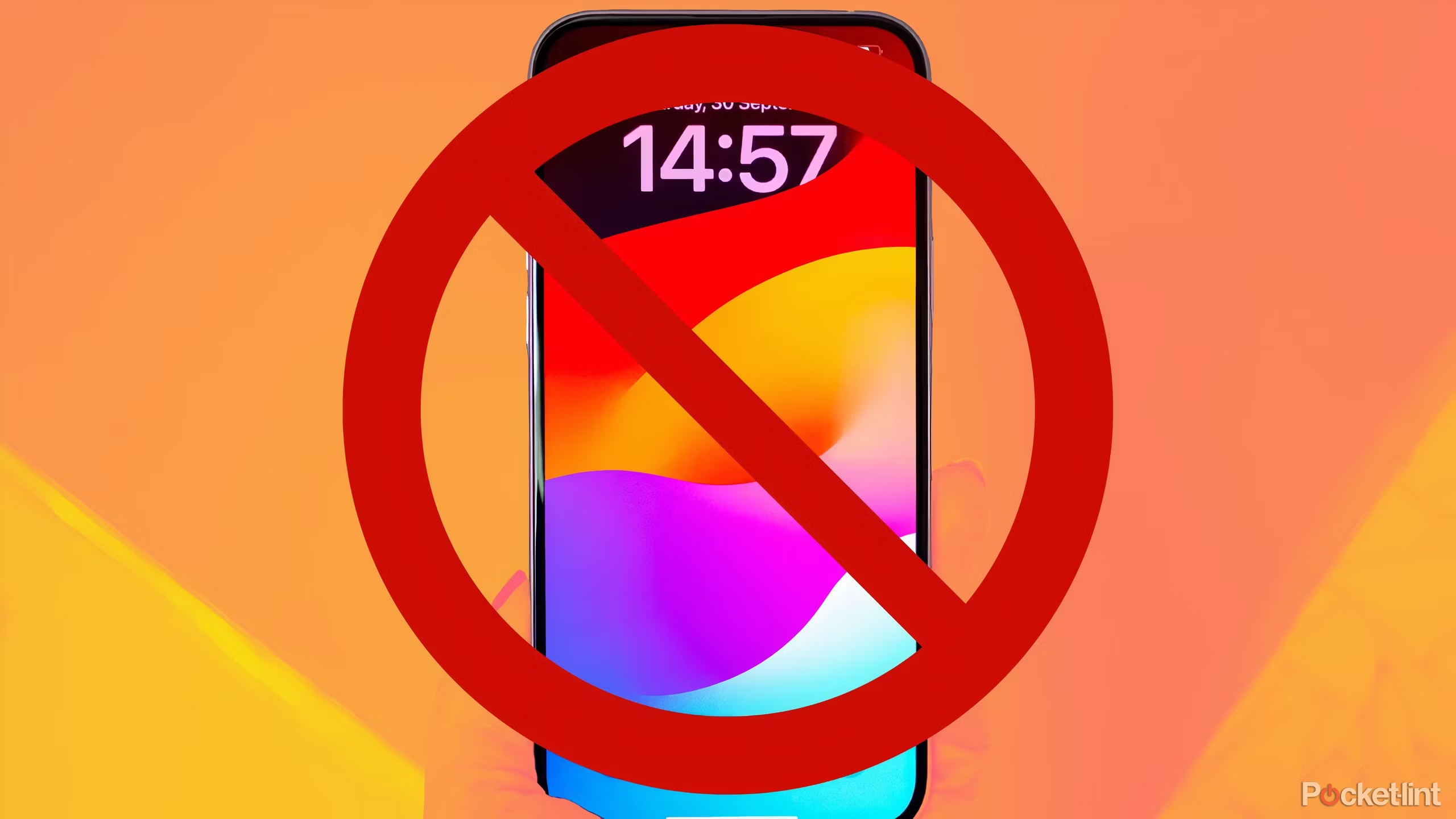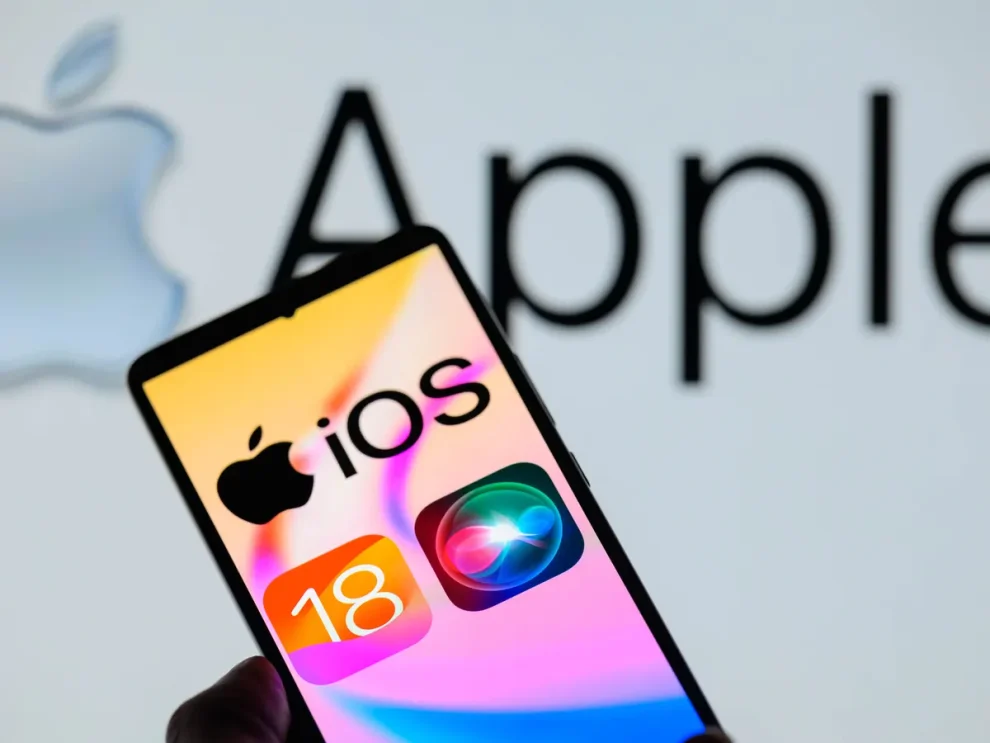The Power of Apple Intelligence
Apple Intelligence isn’t your average virtual assistant. It leverages a combination of cutting-edge generative AI and on-device machine learning to create a personalized experience unlike any other. Imagine an AI assistant that not only corrects your grammar but also suggests different phrasings, rewrites sentences for clarity, and even summarizes complex documents – all tailored to your writing style.
Apple Intelligence extends beyond text. Siri, the familiar voice assistant, receives a significant upgrade, becoming more intuitive and contextually aware. Need to find a specific recipe from last week’s conversation? Siri can access your message history and pull it up with ease. Planning a trip? Siri can curate a personalized itinerary based on your preferences and past travel habits. The possibilities are vast, painting a picture of an iPhone that anticipates your needs and acts as a true intelligent companion.
The Omission and the Outrage
However, this future doesn’t extend to all iPhone 15 users. The announcement revealed that Apple Intelligence requires an A17 Pro chip or M1 chip, effectively excluding the base iPhone 15 and 15 Plus models which utilize the A16 Bionic chip. This decision has sparked outrage among many iPhone 15 owners who feel left behind in the AI revolution.
The Speculative Culprit: Memory Constraints
Tech analysts are scrambling to understand Apple’s reasoning. While Apple hasn’t officially commented on the specific limitations, industry expert Ming-Chi Kuo believes it boils down to memory. The iPhone 15 comes with 6GB of RAM, while the iPhone 15 Pro and devices compatible with Apple Intelligence boast 8GB.
Kuo suggests that Apple Intelligence might require a minimum of 2GB of spare memory for optimal performance. With the A16 Bionic, most of the 6GB RAM is likely consumed by other processes, leaving insufficient space for Apple Intelligence to run smoothly. The additional 2GB of RAM in the Pro models and devices with M1 chips provides the necessary breathing room for the AI system to function effectively.

The Fallout: A Divided User Base
This hardware segmentation has created a sense of division among iPhone 15 users. Those who opted for the base model, perhaps drawn by its affordability or preference for a smaller screen, now face the reality of a diminished user experience compared to their Pro counterparts. The feeling of missing out on a core feature like Apple Intelligence is sure to leave a bitter taste for many.
A Missed Opportunity for Inclusivity?
Apple has always prided itself on a seamless user experience across its devices. This decision to exclude base iPhone 15 models from experiencing Apple Intelligence raises questions about the company’s commitment to inclusivity. While Apple might argue that the Pro models offer superior hardware to handle the demands of AI, it paints a picture of a two-tiered system, with the Pro models being the “intelligent” choice and the base models relegated to a less-advanced experience.
Looking Ahead: A Call for Transparency and Solutions
The future remains unclear. Will Apple offer a stripped-down version of Apple Intelligence for the base models in future updates? Or will this remain a clear distinction between the Pro and non-Pro lines? Transparency from Apple regarding the technical limitations and the company’s long-term vision for AI accessibility across its product line is crucial.
Beyond the Controversy: Hope for the Future
Despite the controversy, the potential of Apple Intelligence remains undeniable. It paves the way for a future where our iPhones become even more integrated into our lives, anticipating our needs and streamlining our daily workflows. However, the exclusion of the base iPhone 15 models serves as a reminder of the importance of striking a balance between innovation and inclusivity. Whether through future updates or a more transparent hardware segmentation strategy, Apple needs to ensure that all iPhone users, regardless of their model choice, have the opportunity to experience the full potential of the intelligent future it envisions.
















Add Comment